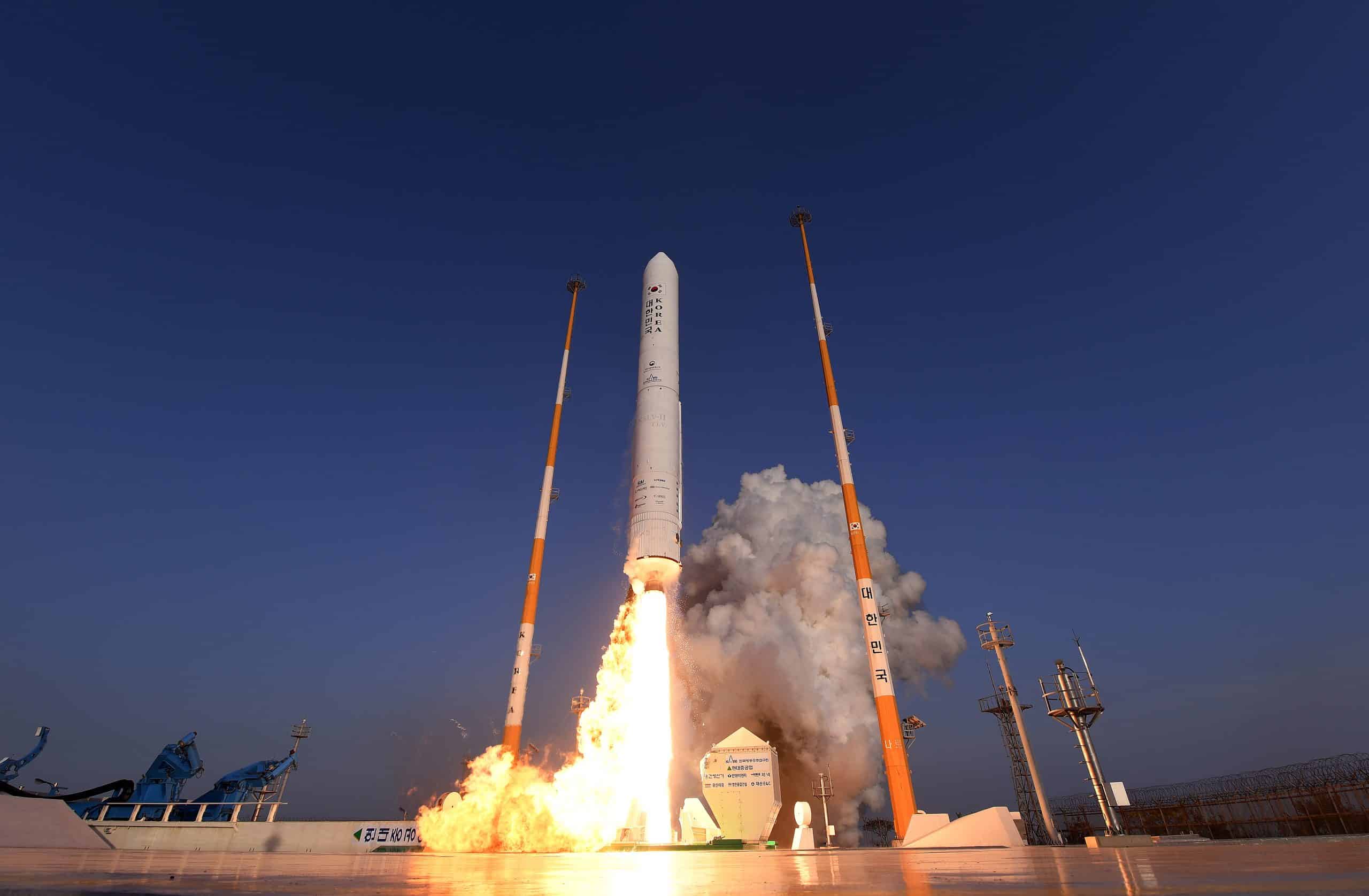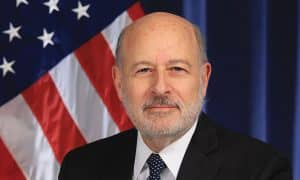South Korea has been a ground for cutting-edge innovation, birthing powerhouses in almost every facet of modern-day technology, such as Samsung and Hyundai.
Even in the space sector, South Korea has made neat progress by launching various satellites in the realm of earth observation and military surveillance.
In 2021, the country launched Nuri – a first-of-its-kind locally developed rocket. A year later, it deployed the first satellite in space. Last month, Seoul sent a military surveillance satellite aboard a SpaceX rocket, marking the second launch in a series of launches aimed at putting five South Korean-made spy satellites into orbit by 2025.
The country has dynamic and innovative startups and private sector companies in space. However, the directionality and mission-oriented focus of a space program was long missing.
Not anymore!
Fresh Start
With the establishment of the Korean AeroSpace Administration (KASA) this week, the gap has closed. Seoul is planning to double its annual space budget, bringing it to a total of $1.1 billion by 2027.
Seoul recognizes the critical role of space today for civilian as well as military purposes, accordingly the budget, authority, and role of the space agency will further expand.
“Space-related tasks that have been scattered among various government agencies will now be consolidated into the space agency, improving efficiency and consistency, says Park Si-soo, founder and CEO of Spaceradar, a Korean space consultancy.
The government also announced that a new rocket program and navigation satellites would be launched, amounting to a net spend of 2 trillion won and 3.7 trillion won respectively.
KASA’s Promise
KASA – the equivalent of United States’ NASA – has been established in Sacheon, a city historically known for its harbour and maritime industry, about 300 kilometers south of Seoul.
“The establishment will be a milestone for South Korea becoming a powerhouse in the space economy by helping create a private-led space industry ecosystem,” says Yoon Young-bin, KASA’s chief.
Focusing on the private industry, Yoon has vowed to expand the role of the private space industry to strengthen the country’s competitiveness in the new space era.
KASA will create national strategy in the space field, conduct research and development projects, foster talent, develop the industry, and promote international cooperation.
Noisy Neighbour
The emphasis on national security has come amidst the constant efforts of North Korea to test ballistic missiles, sounding rockets, and possessing nuclear capability.
The rogue nation has had a dedicated space agency since the 1980s, called the Korean Committee of Space Technology (KCST) which was revamped into the National Aerospace Technology Administration (NATA) in 2013.
Although Pyongyang consistently failed for 40 years to place a satellite in space, it tasted some success by launching an Earth Observation satellite in 2012.
The country has since placed a few Earth observation satellites in Low Earth Orbit, and one military reconnaissance satellite launched last year, posing a threat to their immediate neighbor South Korea.
“The first reason space is important to South Korea is national security. South Korea faces nuclear-armed North Korea, so national security is a big part of the space industry”, says Park Si-soo.
“The South Korean government is actively developing LEO communications satellites and high-resolution Earth observation satellites. It is also developing a navigation satellite system called KPS that is compatible with America’s GPS. National security is the driving force behind these projects,” he added.
Viewing from this perspective, South Korea’s space agency marks a significant milestone in the region, which will be aiming to mitigate any threats be it from space or geopolitically.
Landing a homegrown spacecraft on the moon in 2032 and on Mars in 2045 is also a project announced by KASA, and the expansion of military reconnaissance satellites will ensue.









